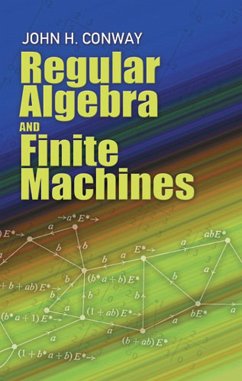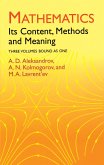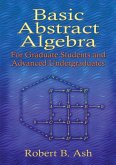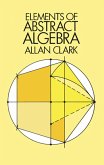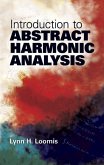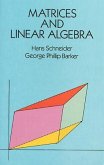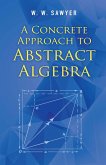World-famous mathematician John H. Conway based this classic text on a 1966 course he taught at Cambridge University. Geared toward graduate students of mathematics, it will also prove a valuable guide to researchers and professional mathematicians.
His topics cover Moore's theory of experiments, Kleene's theory of regular events and expressions, Kleene algebras, the differential calculus of events, factors and the factor matrix, and the theory of operators. Additional subjects include event classes and operator classes, some regulator algebras, context-free languages, communicative regular algebra, axiomatic questions, the strength of classical axioms, and logical problems. Complete solutions to problems appear at the end.
His topics cover Moore's theory of experiments, Kleene's theory of regular events and expressions, Kleene algebras, the differential calculus of events, factors and the factor matrix, and the theory of operators. Additional subjects include event classes and operator classes, some regulator algebras, context-free languages, communicative regular algebra, axiomatic questions, the strength of classical axioms, and logical problems. Complete solutions to problems appear at the end.
Dieser Download kann aus rechtlichen Gründen nur mit Rechnungsadresse in A, D ausgeliefert werden.

